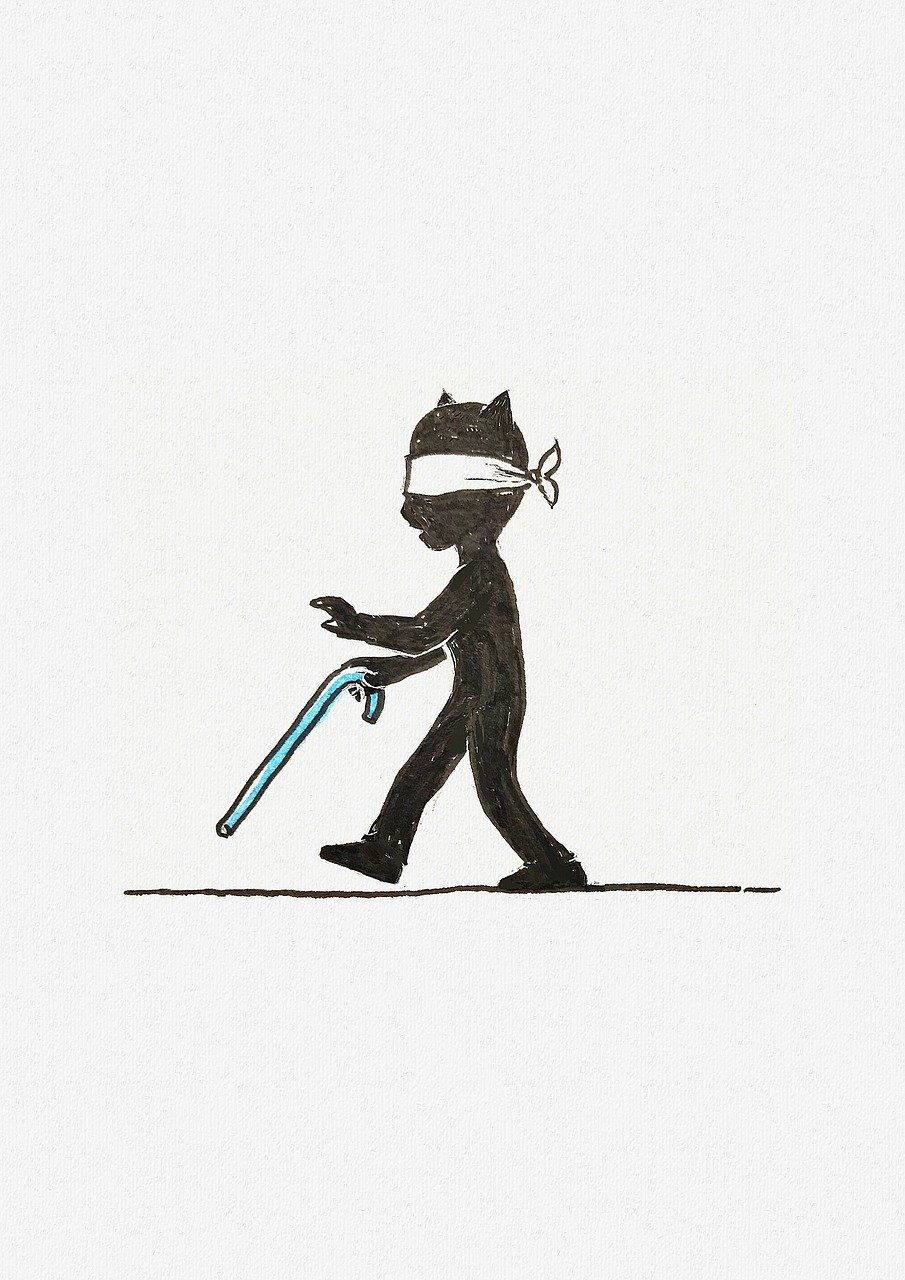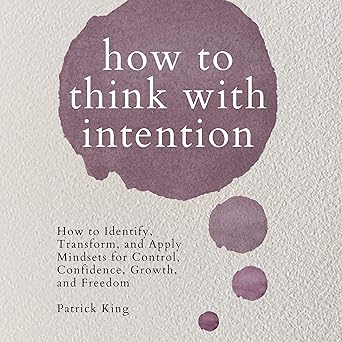Why Blind Obedience to Elders Might Be Holding Africa Back
In many African societies, one of the most sacred commandments is: “Respect your elders.” From childhood, we’re taught to bow, lower our voices, and never challenge those older than us, no matter what. But what happens when an elder is wrong? What if they’re corrupt, abusive, or leading entire communities astray and destroying futures?
Does respect mean silence? Or is there a way to honor tradition while demanding accountability?
This isn’t just a philosophical debate; it’s a real tension shaping Nigeria and African families, politics, and progress. That’s why I want to investigate the fine line between cultural reverence and necessary rebellion.
The Meaning of “Respect for Age” in African Culture
Respect for elders is deeply rooted in African values, often tied to:
- Ubuntu philosophy (“I am because we are”)
- Ancestral reverence (elders as bridges to wisdom and tradition)
- Social hierarchy (age = authority)
Example: In many cultures, interrupting an elder even if they’re spreading misinformation, is seen as disrespectful.
When Respect Becomes Dangerous
Blind obedience can enable harm. Consider:
✔ Political Leaders – Corrupt officials stay in power because “they’re old; we must respect them.”
✔ Family Tyrants – Uncles/aunts who abuse power in the name of tradition.
✔ Harmful Traditions – Practices like forced early marriage defended as “what elders say.”
Famous Case: The #EndSARS protests in Nigeria saw youths defy older generations, demanding police reform, proving that sometimes, progress requires pushing back.
Wisdom vs. Age: Not All Elders Are Wise
A common African proverb says:
“An old fool is a fool forever.”
Age brings experience, but not always wisdom. We must ask:
- Is this elder guiding or gatekeeping?
- Are their actions helping or harming?
- Should tradition evolve?
How to Respectfully Challenge Elders
We don’t have to choose between rudeness and silence. Instead, try:
Ask Questions, Don’t Accuse – “Uncle, why do we do it this way?”
Appeal to Higher Values – “Would our ancestors support this?”
Lead by Example – Show better ways without shaming.
A New African Ethic: Respect with Accountability
We can:
✔ Honor elders’ roles without accepting harmful behavior.
✔ Teach elders too. Growth isn’t just for the young.
✔ Redefine respect as honesty, not just obedience.
Conclusion: Respect Shouldn’t Mean Silence
Key Takeaways:
- Respect is valuable, but not unconditional.
- Age ≠ wisdom holds elders to the same standards they set for youth.
- Progress requires courage to question outdated norms.
What do YOU think? Should Africans keep respecting elders no matter what? Or is it time to rethink tradition? Drop a comment below! Follow me on [Social Media Handle] for more bold discussions on African culture and progress!



